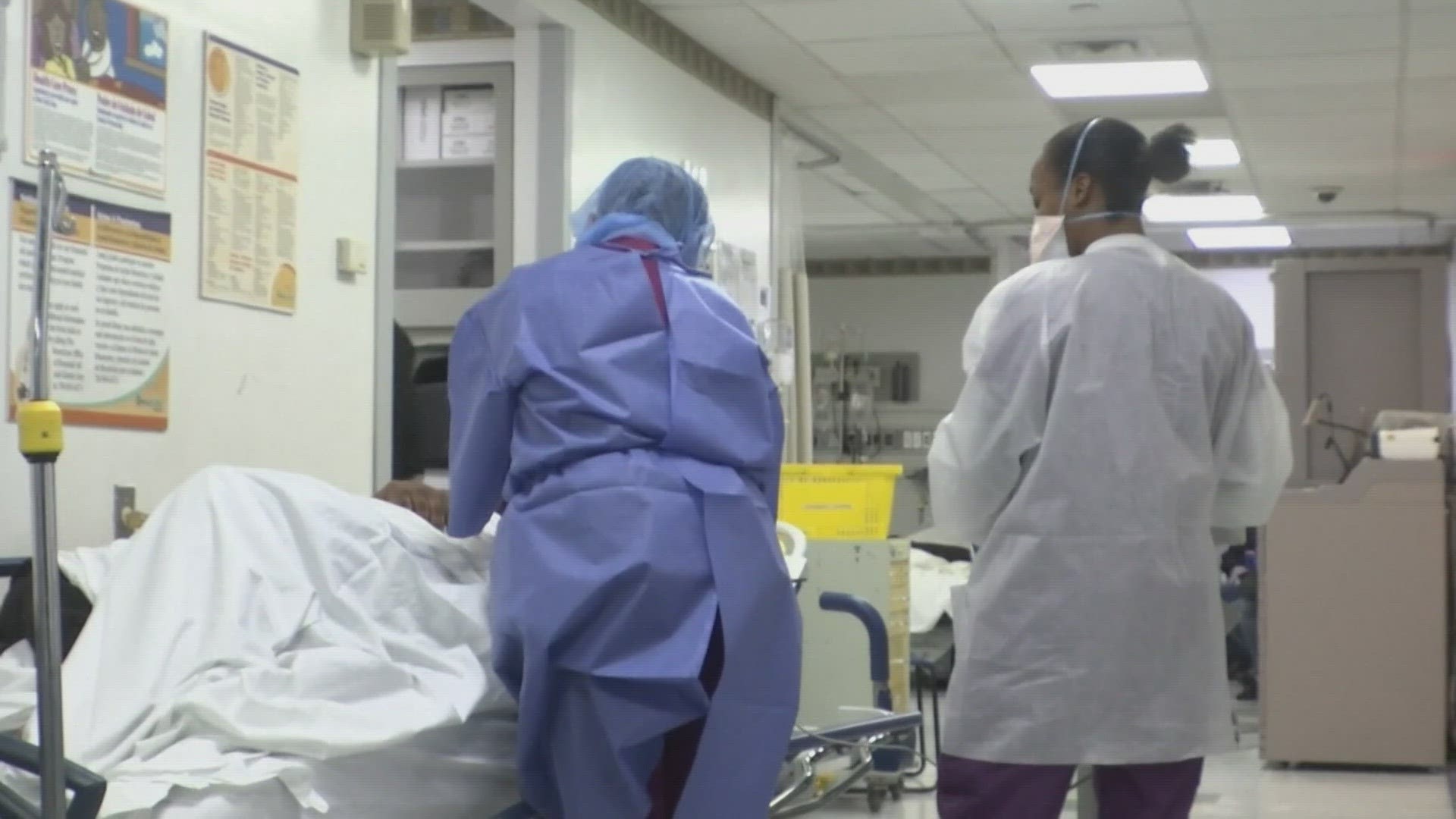KNOXVILLE, Tenn. — A Tennessee bill could create a pathway for anesthesiologist assistants to get licensed in the state of Tennessee. SB 0453 formally establishes the scope of practice for anesthesiologist assistants, giving them the chance to get certified.
The profession has been around since the late 1960s.
"What brought the bill to us is that there is a critical shortage of anesthesiologists and anesthetists in our community," said Sen. Richard Briggs (R - Knoxville), who introduced the bill. "I know even nationwide, there's a shortage of both of those. And all the projections are, it's just going to get worse and worse and worse."
He said because there is a shortage that is projected to get worse, creating this pathway is important.
"The purpose of the bill was to try to bring anesthesia assistants into Tennessee who would be licensed to perform, they would have to be able to work with an anesthesiologist if at the site in the same building with them," he said.
Some current certified anesthesiologist assistants said they welcome this bill with open arms.
"We are both advanced practice providers and interchangeable with the same job responsibilities," said Kelli Ray, a CAA and president of the Tennessee Academy of Anesthesiologist Assistants. "There's just such a shortage in Tennessee that there are enough jobs to go around for both types of anesthetists. You can think of it as other medical specialties being given the opportunity to employ both physician's assistants and nurse practitioners."
Ray says this bill becoming law could also help bring more people to Tennessee.
"Currently CAAs are allowed to practice and the majority of states that border Tennessee, such as Georgia, where I currently practice," said Ray. "Alabama, South Carolina, North Carolina just to name a few. In addition to creating another professional health care licensure pathway, this will also allow CAAs who are originally from Tennessee, or went to school in Tennessee, to move home to their families and provide quality anesthesia care for patients here."
One group that's against this bill is certified registered nurse anesthetists. While CAAs and CRNAs are considered non-physician anesthesia providers, only CRNAs are able to give people anesthesia without the guidance of a physician.
"I will present the idea of unintended consequences. So what happens because this is such a tightly regulated, one-to-four medical direction model that the anesthesia assistant has to work under, once they get placed into a health system. Now that is the model, right? That is the second most expensive model of Anesthesia Care Delivery out there. The only thing more expensive would be for physician anesthesiologists to do it all themselves," said Chris Hulin, the President of the Middle Tennessee School of Anesthesia. "So what's happening across the country is a move more of a collaborative model to where it's not that regulated one to four, maybe it's one to five, maybe it's one to six."
He also warned that the bill wouldn't help rural areas, which is where the highest need is.
"Forty counties, no physician anesthesiologists even live there," said Hulin. "CRNAs providing that care, it does nothing for that. So why again, why are we looking at restricted dependent legislation instead of really looking at, how do we utilize the people we have in the best interest of Tennesseans?"
As of right now, the bill is still moving through the legislative session.
"Let's get a couple of legislative people at the table who understand health care policy, let's get some other decision-makers," said Hulin. "And let's really look at the workforce issue that we do have maybe some collaborative models where that makes sense."

